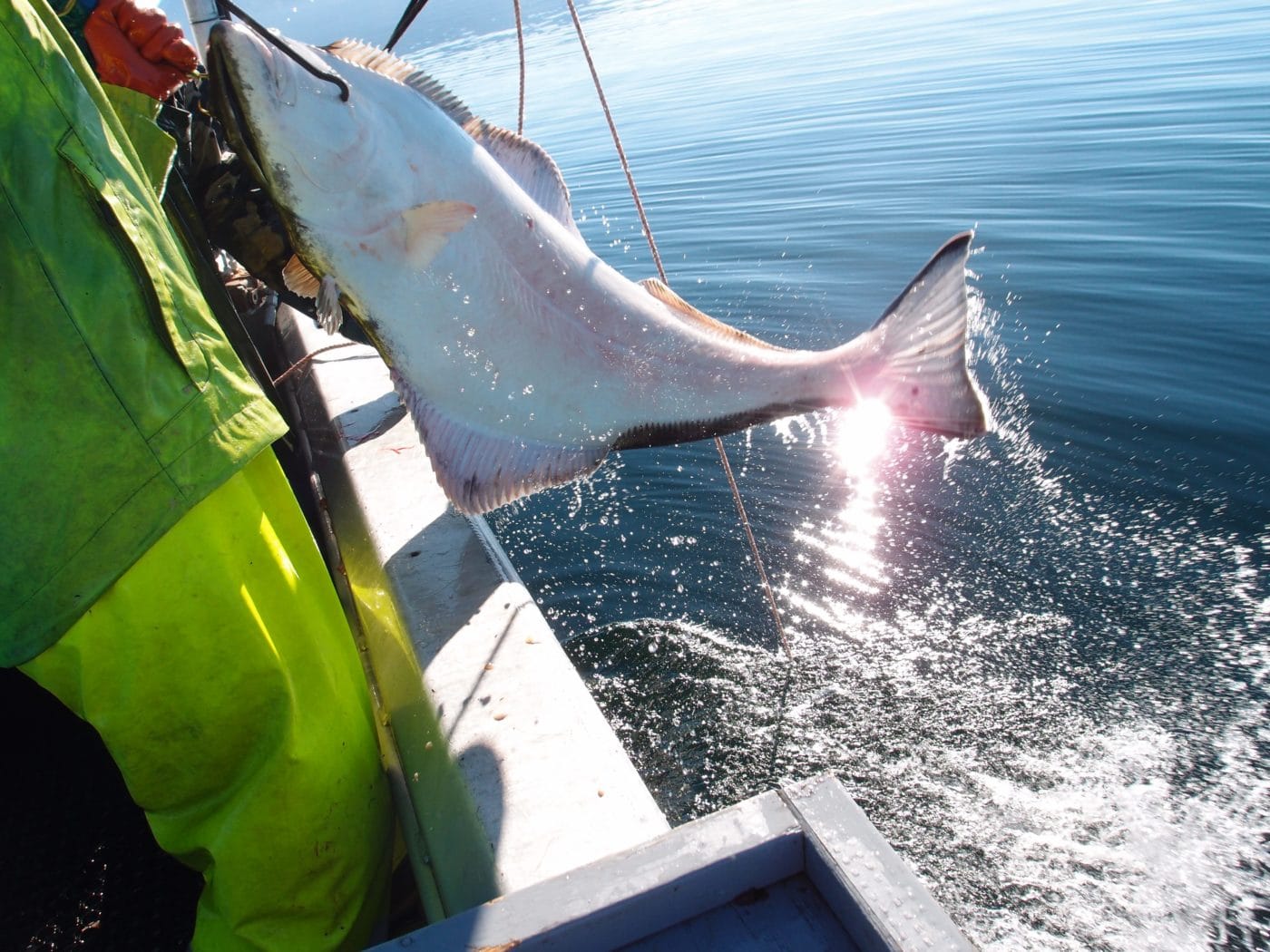
In 1991, the Council recommended an Individual Fishing Quota (IFQ) Program for management of the fixed gear Pacific halibut and sablefish fisheries off of Alaska. The Secretary of Commerce approved the Council’s IFQ Program as a regulatory amendment in 1993, and the program was implemented by NMFS for the fishing season in 1995. The Pacific halibut and sablefish IFQ Program is now the largest catch-share program in the United States.
The IFQ Program was developed to address issues associated with the race-for-fish that had resulted from the open-access and effort control management of the halibut and sablefish fisheries. Specifically, the Council identified several problems that emerged in these fisheries due to the previous management regime, including increased harvesting capacity, decreased product quality, increased conflicts among fishermen, adverse effects on halibut and sablefish stocks, and unintended distributions of benefits and costs from the fisheries.
The fundamental component of the IFQ Program is quota share (QS), issued to participants with a history of harvest in the fishery. QS is issued to individuals as a percentage of the QS pool for a species-specific IFQ regulatory area, and only individuals holding QS are allowed to make fixed gear landings of halibut and sablefish in that regulatory area. QS is translated into annual IFQ allocations in the form of fishable pounds.
Several key provisions of the program include:
- the process for initial allocation of QS;
- assignment of shares to vessel categories;
- provisions that allow the transfer or lease of QS in certain circumstance such as medical emergencies, military leave, and death of a QS holder;
- QS use and ownership limits;
- QS ‘blocks’ – grouped QS that cannot be broken up for sale or leases – and limits on block ownership to mitigate excessive consolidation;
- a process for allocating annual IFQ based on a participants’ QS; and
- the establishment of Community Quota Entities (CQE)
The IFQ Committee meets on an annual basis and makes recommendations regarding potential future revisions to the IFQ program. Membership of the IFQ Committee is intended to represent a broad range of stakeholders in the IFQ fisheries, including representatives from both the halibut and sablefish fisheries, representation covering multiple areas, and IFQ processors.
The staff contact is Anna Henry: 907-271-1468

